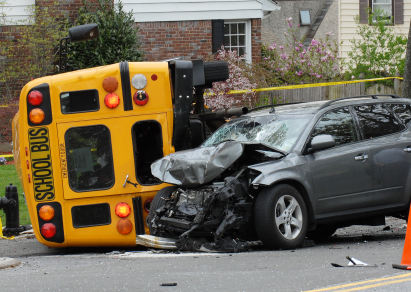When Do I Get My Money After I Cancel My Policy?
Getting an insurance refund of your unearned premium from the insurance company should happen automatically when you cancel your policy, here’s what to do if it doesn’t.

If the insurance company won't send your refund, it may be time to contact your insurance commissioner.
When you cancel your policy with an insurance company, you may be due an insurance refund of the unearned premium. Unearned premium is simply the amount of premium that you have already paid to the insurance company that they have not “earned” yet. The insurance company earns the premium you paid by providing insurance coverage to you for a period of time.
For example, if you paid insurance premium for 30 days and you cancel your policy on day 20, there is 10 days’ worth of unearned premium that should be refunded to you.
Find the Status of your Refund
If you feel that there is unearned premium left on your cancelled insurance policy, contact your insurance company directly or talk to your agent about an insurance refund. If they admit that they do owe you a refund, demand (nicely) where it is.
If you are told that it was already mailed, ask the exact date that it mailed. If it has been a while, advise them that you want a new refund check sent or you want a copy of the cashed check provided to you.
Contact the Insurance Commissioner
If both the insurance company and your agent are saying that you are not owed a refund, make them prove it. It is your money and your policy and you have the right to know what your money went to.
Make them provide you with a billing breakdown of how much they charged you daily for insurance. This breakdown should also have how many days the premium you already paid to them covered.
If they refuse to provide this or to issue you a refund, contact your state’s Department of Insurance or Insurance Commissioner’s office. These are the governing insurance entities in your state and the best place to file a complaint with.


